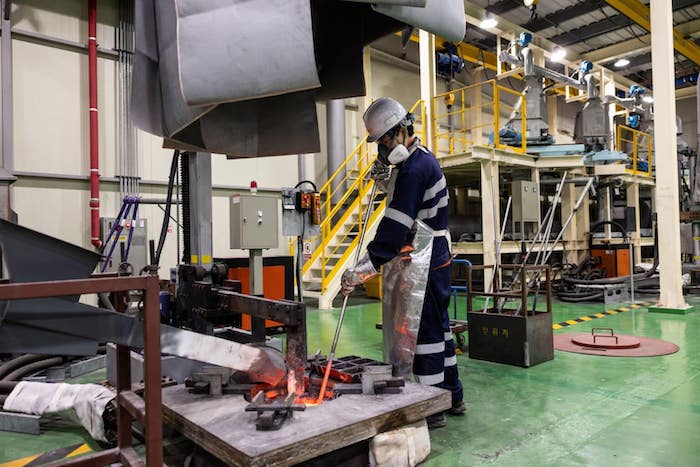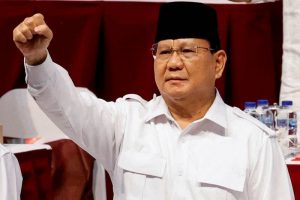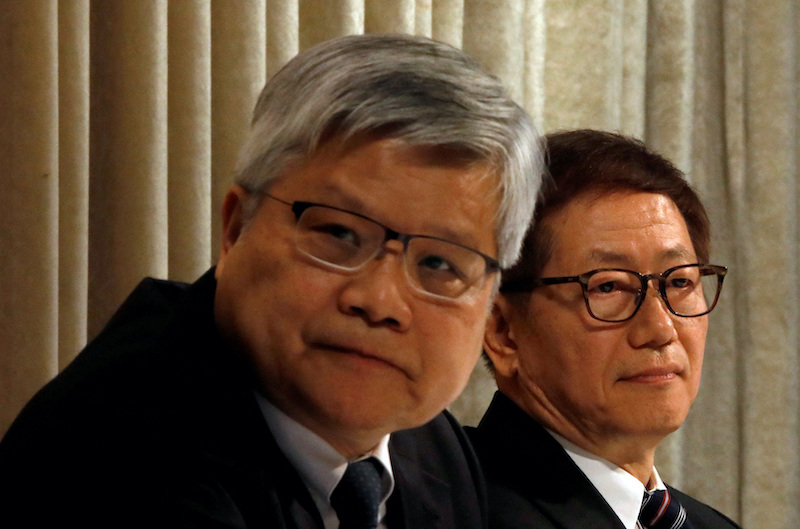Australian companies that produce critical minerals, such as rare earths and graphite, are examining opportunities to build processing facilities in the United States.
A delegation of critical mineral companies visited Washington and New York last week to meet senior officials from the Trump Administration and investors.
Several firms listed on the ASX – Australian Strategic Materials (ASM), Ionic Rare Earths and International Graphite – are looking to expand in the US, despite Australia’s strategic push to build up its own domestic industry, company bosses told Reuters.
ALSO SEE: Trump’s H-1B Visa Chaos To Create ‘New World Order’ On Services
The scale of the US customer base is a major attraction, they said, given its rapidly developing electric vehicle, defence, and advanced manufacturing industries, as well as cheap energy and the hefty subsidies it is set to deploy.
“We’ve identified six states as ones that we’re looking at seriously,” said chief legal officer Annaliese Eames of ASM, which is seeking to expand beyond its rare earths metallisation plant in Korea.
Of those states, ASM, an $85-million firm, is conducting detailed due diligence, including reviewing sites, in Oklahoma and South Carolina.
Strong incentives
What drew ASM to the US was more than strong federal and state support and incentives. “It’s the commitment that they’re making to grow the entire ecosystem,” she said.
Some critical minerals firms that supply to customers in defence need to locate nearby for reasons of national security and the series of complex steps in turning raw materials into magnets used in everything from wind power to missiles.
That is the case for Ionic Rare Earths, which is planning to replicate the magnet recycling technology it has developed in Belfast in several US states, including Tennessee, where it is in advanced discussions, managing director Tim Harrison said.
“There are a number of other states that can provide [a] very low cost of power… They also have a lower labour cost base and they have both federal and state governments that are willing to deploy immense funding,” he told Reuters.
International Graphite, which is building an advanced processing plant in Western Australia, is also looking at options to build in the US and Europe, to be more closely aligned to the specific requirements of its customers, CEO Andrew Worland said.
China’s restrictions on rare earths exports in April galvanised the US to supercharge its rare earths industry, and higher Western world prices that have emerged are attracting investors and greasing the wheels of project finance.
Even so, access to US funding is expected to be highly competitive. Australia’s Lynas Rare Earths, the biggest supplier outside China, warned last month that its heavy rare earths processing plant in Texas may not go ahead after the Trump administration provided multi-billion-dollar funding to its US rival.
Policy challenges back home
The trend highlights critical policy challenges in Australia that are impeding the government’s ambition to develop new export markets beyond its mainstay fossil fuels. That opportunity was worth A$170 billion ($112 billion) to its economy by 2040, according to a PwC report as recently as 2023.
“Australia has been struggling to set up the critical minerals industry beyond primary extraction,” PwC Australia chief economist Amy Lomas said.
Australia’s high power and labour costs, and a cumbersome approvals process, are dragging on growth and diminishing the country’s international competitiveness, major miners regularly complain.
Meanwhile, advanced manufacturing is still a small sector, its development clipped by the closure of Australia’s car industry in the 2010s.
“For an Australian company to look at building it in Australia, where do we sell our materials? Where is the metals, alloys, magnet capacity being built? It’s not being built in Australia because our cost base is too expensive and we have minimal advanced manufacturing industry,” Ionic’s Harrison said.
Still, Australia passed a A$17-billion production tax credit in February that will provide a 10% offset for critical minerals processors from 2027.
It is also building critical minerals partnerships with allies, including Japan, India and Britain, that could deepen its customer base, PwC’s Lomas added.
“Then that starts to set the foundations for Australia to be able to run a lot harder typically for midstream processing, and then ideally downstream processing,” she said.
- Reuters with additional editing by Jim Pollard
























